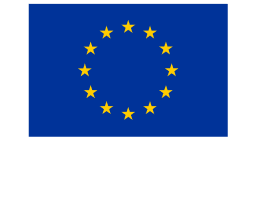Anti-money laundering
4.710.02
Refers to a state’s ability to implement legal, regulatory and operational measures for combating money laundering and other related threats to the integrity of its financial system. Profits that criminals make from organized crime are often concealed by being funnelled through legitimate businesses. Through the development of anti-money laundering mechanisms, states become more resilient to the threat of money laundering, which potentially underlies all forms of organized crime. The Financial Action Task Force is a policymaking body that has developed a series of recommendations that are recognized as the international standard for combating money laundering, the financing of terrorism and proliferation of weapons of mass destruction. They form the basis for a coordinated response to these threats to the financial system. States are assessed through mutual country evaluations to determine their level of compliance with these international standards. The higher compliance, the more resilient states are to organized crime.





